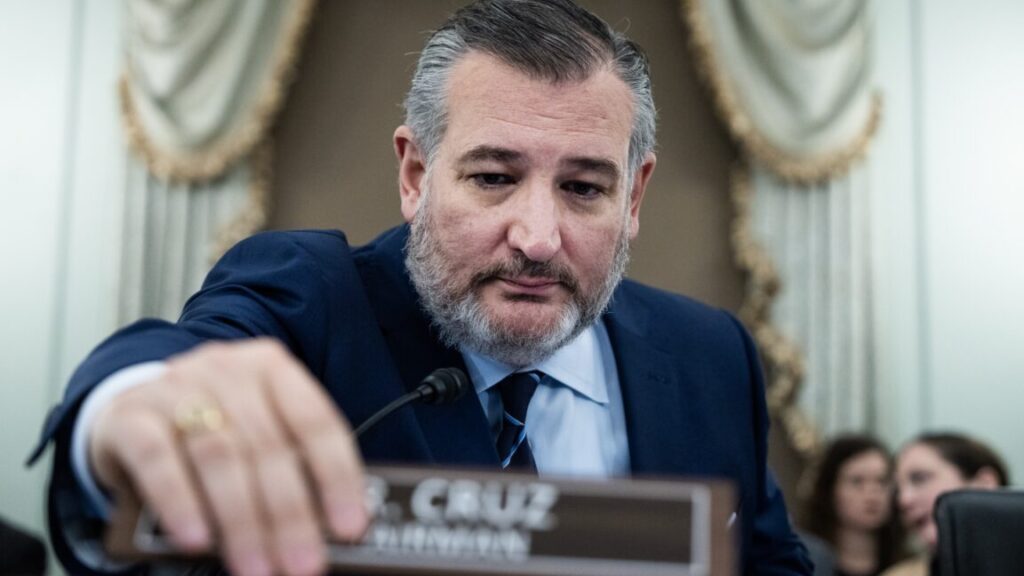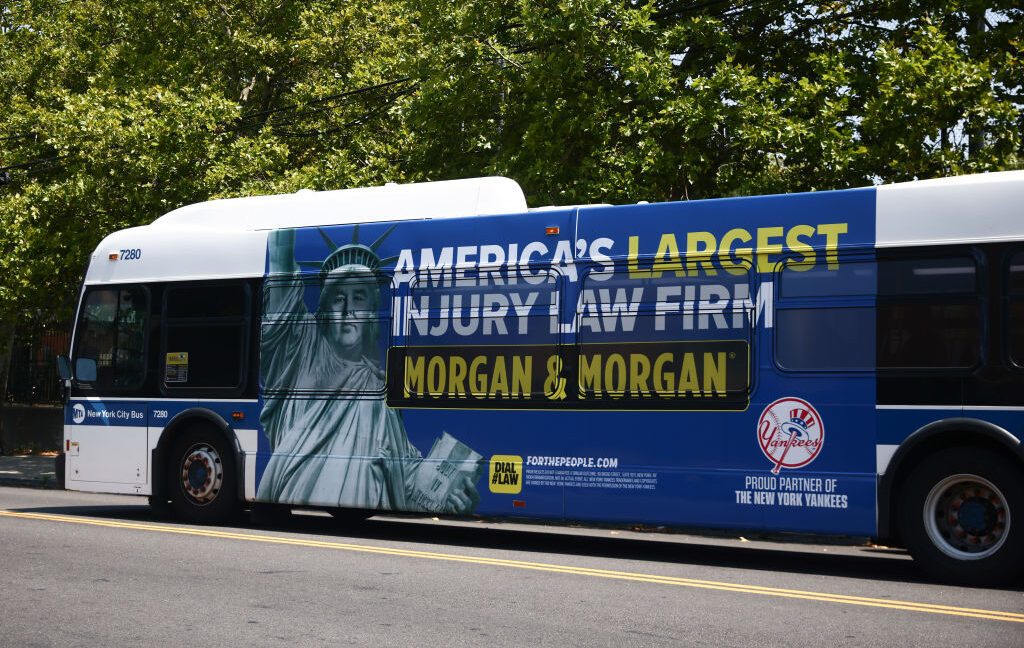Judge: US gov’t violated privacy law by disclosing personal data to DOGE
“The plaintiffs have made a clear showing that they are likely to suffer irreparable harm without injunctive relief,” the order said. “DOGE affiliates have been granted access to systems of record that contain some of the plaintiffs’ most sensitive data—Social Security numbers, dates of birth, home addresses, income and assets, citizenship status, and disability status—and their access to this trove of personal information is ongoing. There is no reason to believe their access to this information will end anytime soon because the government believes their access is appropriate.”
The American Federation of Teachers, which represents 1.8 million teachers and nurses, was joined in the lawsuit by the International Association of Machinists and Aerospace Workers, International Federation of Professional and Technical Engineers, National Active and Retired Federal Employees Association, and National Federation of Federal Employees.
No need to know
The government insisted that the DOGE affiliates are employees of Education and OPM, and the judge assumed that is true for purposes of evaluating the motion for a restraining order. Even with that allowance, Boardman decided the data access is not permissible under the “need-to-know” exception to the law prohibiting unnecessary disclosure.
The Trump administration did not explain why “the DOGE affiliates at Education need such comprehensive, sweeping access to the plaintiffs’ records to audit student loan programs for waste, fraud, and abuse or to conduct cost-estimate analyses,” Boardman wrote, adding that “there appears to be no precedent with similar facts.”
There are six DOGE affiliates working at Education. They include Adam Ramada, a United States DOGE Service employee, and five “DOGE-affiliated individuals” who have not been identified by name.
“It may be that, with additional time, the government can explain why granting such broad access to the plaintiffs’ personal information is necessary for DOGE affiliates at Education to do their jobs, but for now, the record before the Court indicates they do not have a need for these records in the performance of their duties,” Boardman wrote.
Judge: US gov’t violated privacy law by disclosing personal data to DOGE Read More »











